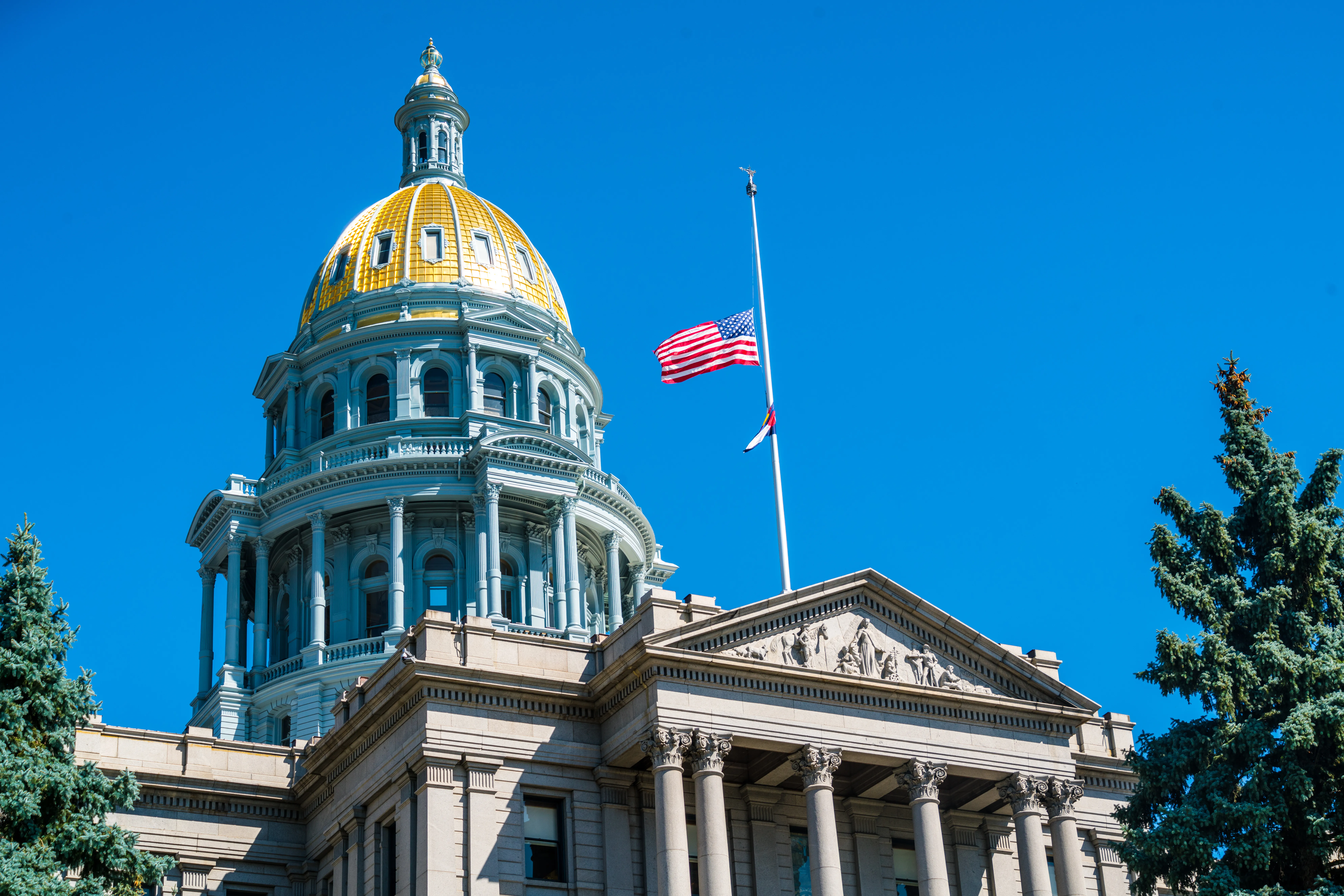
Daily Audio Newscast Afternoon Update - March 27, 2025
© INDU BACHKHETI - iStock-1336427297
News from around the nation.
For many, proving U.S. citizenship to vote could be costly and difficult; MA considers corporate tax increase to bolster public services; WI's Supreme Court race laced with cash, power, vast implications; Doctor shortages in VA lead to changes to licensing rules.
Transcript
The Public News Service Thursday afternoon update, I'm Mike Clifford.
Millions of Americans could be prevented from voting after President Donald Trump signed an executive order Tuesday requiring people to provide documents that prove they are citizens when they register to vote.
This from the Washington Post.
The report the order requires people to present a passport, a real ID, a military identification card or other government issued ID that indicates U.S. citizenship when registering to vote in federal elections.
But a vast swath of Americans don't have this kind of documentation, voting rights experts told the Washington Post.
Election experts said legal challenges were a near certainty.
Meantime, Massachusetts lawmakers are considering a tax increase on multinational corporations as federal cuts to public services loom.
A coalition of labor, education and health care workers say lawmakers should target corporations such as Apple, Amazon and McDonald's, which often shield profits in offshore tax havens.
Executive director of the SEIU State Council, Harris Grumman, says more than 70 lawmakers are already on board.
This would just help level the playing field between 99 percent of Massachusetts businesses that do pay their full corporate tax and this one percent of very wealthy corporations that pay much less.
A recent mass budget report finds the state could reclaim hundreds of millions of tax dollars each year by ensuring corporations with low taxed income pay their fair share, a practice undertaken by most other New England states.
I'm Catherine Carley.
And political antics continue with the pivotal Wisconsin Supreme Court race less than a week away.
The latest coming from the White House.
In the weeks leading up to the April 1st election, the state has seen bloated partisan backed campaigns swirling misinformation and incentives that border on bribes.
On Wednesday, President Donald Trump signed an executive order to reshape state elections with changes like proof of citizenship requirements days before Wisconsin voters take to the polls.
Brett Edgins with Stand Up America says it all reflects the climate stoked by the country's leaders.
So it's no surprise that they're trying that playbook again in Wisconsin.
And what it still comes down to is a really basic question.
Do we want a MAGA court in Wisconsin?
Do we want a Supreme Court bought and paid for by Elon Musk?
I'm Judith Ruiz Branch reporting.
And our new partners at KFF News found that nine states, including Virginia, have made it easier for foreign trained doctors to get medical licenses in order to combat physician shortages.
Erin Freyer with the Carolina Health Workforce Research Center says states are scrambling for ways to fill physician openings, particularly in rural areas.
They see the foreign trained physicians as a potentially untapped pool of talent to be able to bring into the health care workforce.
Supporters of the licensing changes argue that foreign trained doctors shouldn't have to go through a secondary residency to practice medicine in the U.S.
This is Public News Service.
With a few days left to the 2025 session, Republican lawmakers pushed through a bill they say should reassure doctors they can rely on their medical judgment when treating pregnancy complications, despite the state's abortion ban.
Dozens of health care providers have signed on to a letter asking Governor Andy Beshear to veto it, says Tamara Weter, Kentucky State Director for Planned Parenthood Alliance Advocates.
House Bill 90 changes the definition of medical emergency in Kentucky law.
The current law gives providers the authority to make decisions in emergencies, but this bill would allow judges to decide whether care was truly necessary.
Kentucky OBGYNs say the state's abortion ban is forcing them to violate their oath as physicians and causing devastating consequences for patients.
Two House Republicans brought forth the language, which was supported largely along party lines.
Nadia Ramligan reporting.
This story produced with original reporting by Sarah Ladd for the Kentucky Lantern.
Next to the Ohio Statehouse, where proposed budget cuts to the Fair School Funding Plan have sparked more debate among lawmakers and educators.
Also known as the Kupp-Patterson Plan, it's in its fourth year of six-year implementation designed to address disparities in school funding across the state.
Backers are urging the full completion of its phase-in, but in recent weeks, Republican House Speaker Matt Huffman has suggested reducing the state's public education budget by at least $650 million, challenging the state's ability to continue the current funding model.
Implementing of the Kupp-Patterson Plan that many believe is a fait accompli, that we decided four years ago that in this budget we're going to do that, in my estimation is a fantasy.
Critics of the proposed cuts argue that reducing funding could exacerbate inequities, particularly in under-resourced districts.
Farah Siddiqui reporting.
Finally, after Elon Musk, a man once worth $327 billion, spent a quarter billion to elect Donald Trump, he was rewarded with unprecedented powers over the federal government.
Brandon Novick with the Center for Economic and Policy Research says blatant corruption in the United States is not new, and it's legal, thanks to the U.S.
Supreme Court's Buckley v. Vallejo ruling in 1976.
That decision was the root one that fed money is speech, and that people can infinitely spend in elections.
In Citizens United, basically the court said, based on this, we're saying corporations, not just individuals, can infinitely spend in elections.
To avoid the appearance of quid pro quo corruption, Novick says the nation's highest court clarified that unlimited spending to influence the outcome of an election is okay, so long as the cash is spent independently and not in coordination with a candidate's official campaign.
I'm Eric Galatas.
This is Mike Clifford from Public News Service, member and listener supportered.
On your favorite podcast platform, find our content and trust indicators at publicnewsservice.org.

















